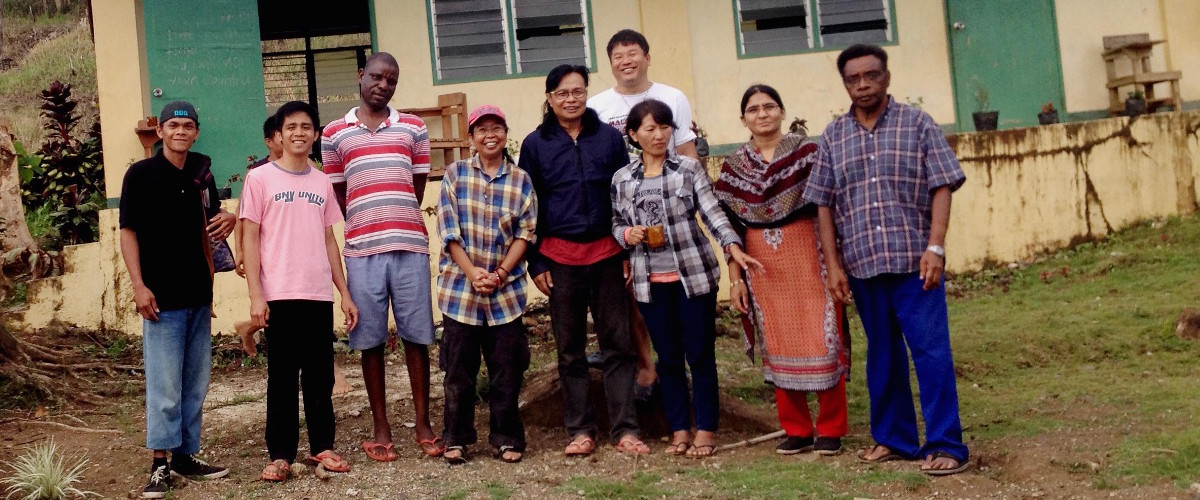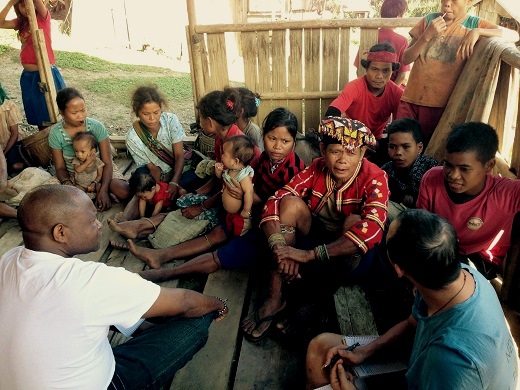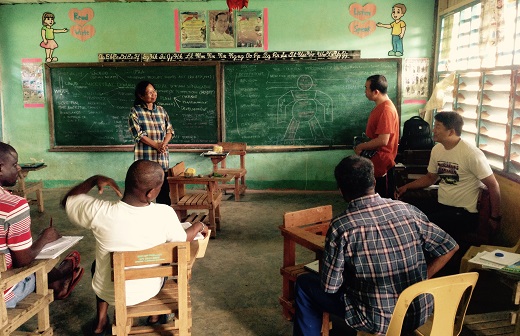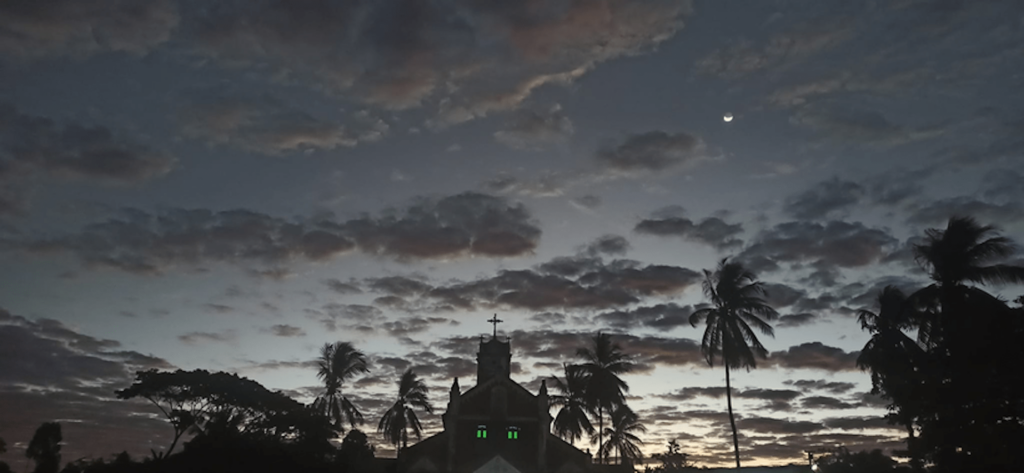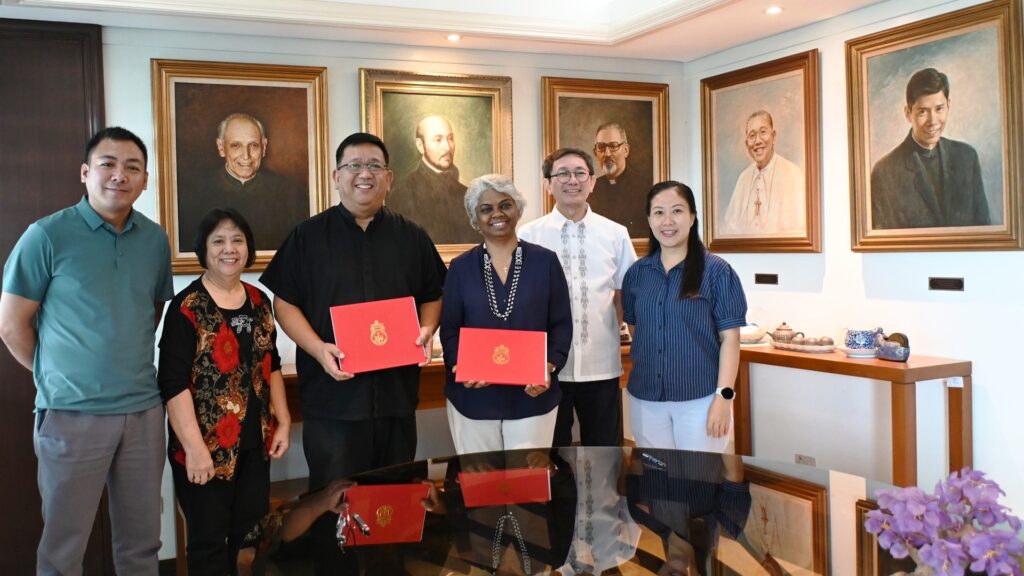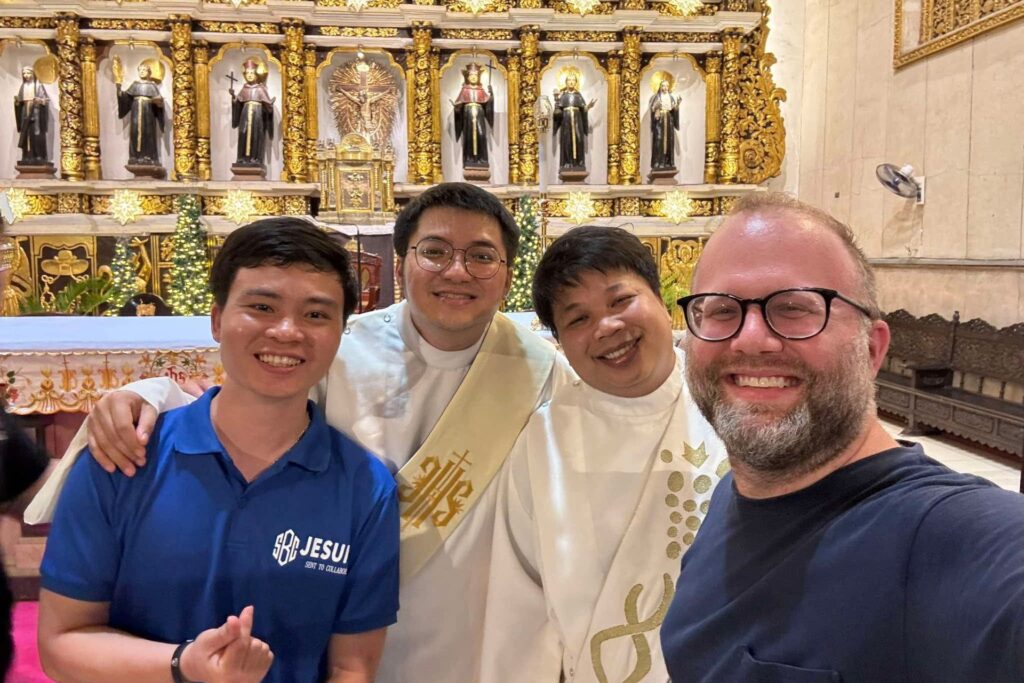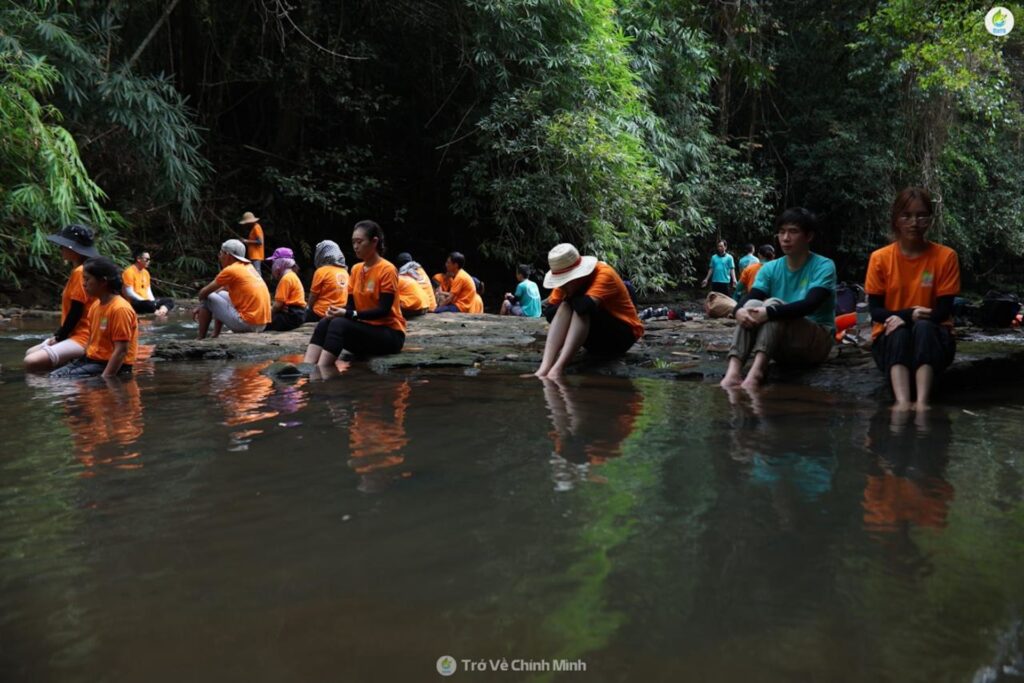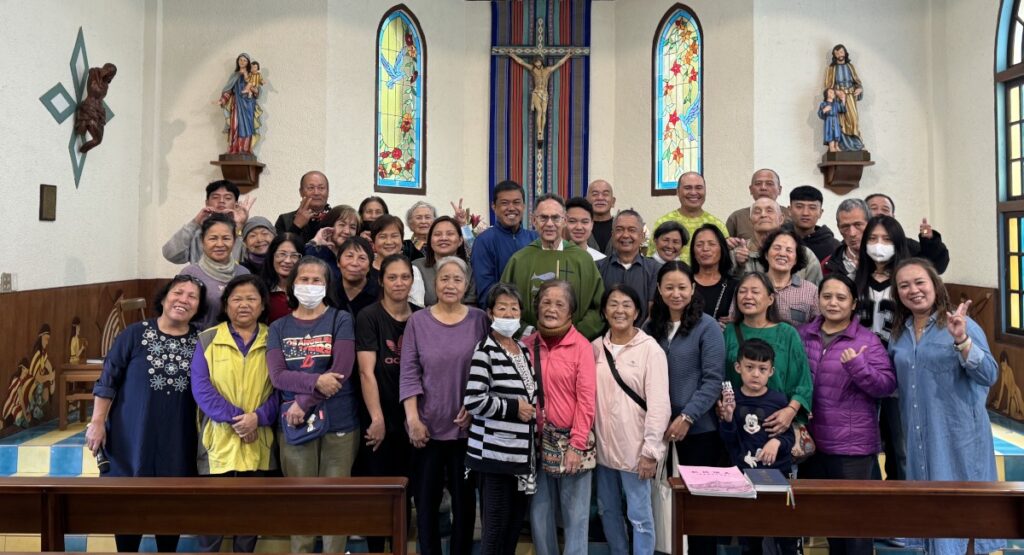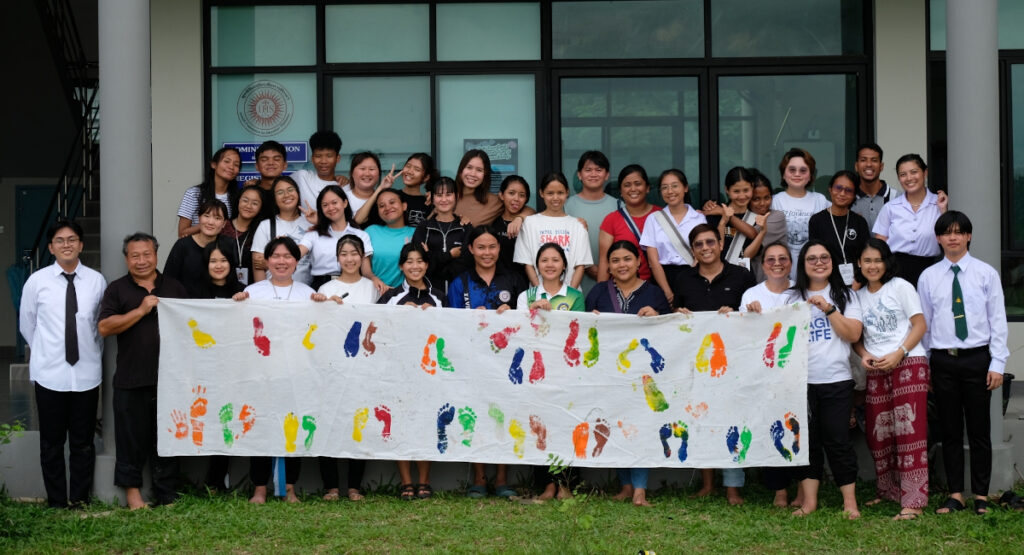A new programme designed to foster understanding of Indigenous Peoples and their culture among Christian religious and laity was formally launched in April in the Philippines. The first Asia Pacific Contextual Theology Program for Engagement Project (ACOTEP) was held from April 6 to 20 in Bukidnon, after a pilot run in Bendum and Zamboanguita, Bukidnon last year.
The two-week international programme makes use of the “pastoral spiral” recommended by the Federation of Asian Bishops’ Conferences, which requires lived experiences or immersion, prayerful and critical analyses of data gathered from these experiences, discerning theological reflection, and a resulting faith response.
“The Catholic Church, especially some of the missionaries from Europe and the North Atlantic, have failed to do the pastoral spiral to understand why the indigenous communities do their rituals based on their beliefs,” said Fr Jojo Fung SJ, Coordinator for Jesuit Companions in Indigenous Ministry (JCIM) for the Jesuit Conference of Asia Pacific. “Because of inadequate understanding, we’ve denigrated many indigenous beliefs and rituals. Henceforth, I think we must be more informed and learned in doing ministry among the Indigenous Peoples.”
The seven participants – from China, Myanmar, Pakistan, Papua New Guinea, and Zimbabwe – visited the Umajamnen people. They spent three days and nights living with the people in the villages of Miarya and Saluringan, before gathering in Tagbacan for a week of reflection and village-based learning assisted by Fr Fung SJ, anthropologist Fr Albert Alejo SJ, and Easterluna Canoy, Executive Director of Kitanglad Integrated NGOs (KIN).
During their time with the Umajamnen people, they lived the way the Umajamnen do, and spent their time eating, walking, and praying with the local youth, women, chieftains, and elders, while collecting data through a questionnaire. They then shared their data during their week in Tagbacan, taking the time to ponder and reflect prayerfully on both the problems and blessings of the Umajamnen. This process enabled the participants to relate their research to Scripture, Catholic Social Teachings, and the local wisdom. The programme ended with a two-day retreat that helped the participants to respond to God by enumerating their response in terms of do-able actions in their future ministries.
Fr Fung said that part of the ACOTEP experience was living with the bare essentials in the villages, which is an adjustment for the participants accustomed to city life. Yet the experience was necessary to better understand the lifestyle and respect the customs and beliefs of the Umajamnen.
The insights gained from the Umajamnen elders, youth, and women resonated with the participants who were themselves indigenous people or part of their country’s ethnic minorities.
One participant, Sr Mary Yun Ja from Myanmar, said, “ACOTEP provided me an opportunity to revisit my Kachin culture. I began to appreciate and respect what is sacred in my culture.”
Another participant, a priest, shared, “It’s one thing to learn by reading about [Indigenous Peoples]; another thing is to learn by interacting with them – because they are flesh and blood like us.”
There are 14 to 17 million indigenous people in the Philippines, according to the United Nations Development Programme (UNDP). The majority, 61 percent, are from the island of Mindanao, where Bukidnon province is located. According to the UNDP, [Philippine] Indigenous Peoples have been subject to historical discrimination and marginalisation from political processes and economic benefit. They often face exclusion, loss of ancestral lands, displacement, pressures to and destruction of traditional ways of life and practices, and loss of identity and culture.
The Jesuits in the Philippines have an Indigenous Peoples ministry based in Bukidnon. They run literacy centres, a chapel pharmacy, and a housing project. They also offer sacramental services in various parishes.

